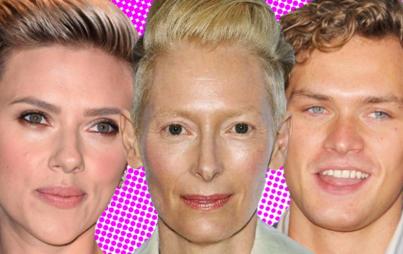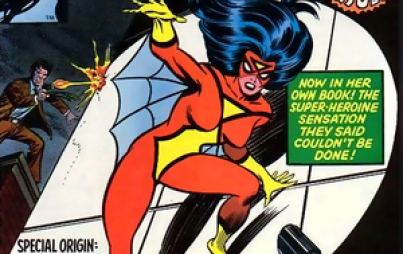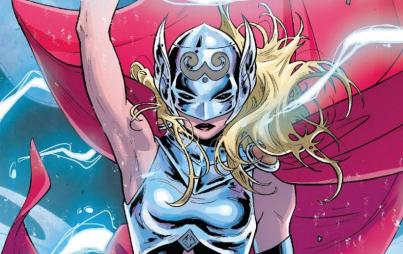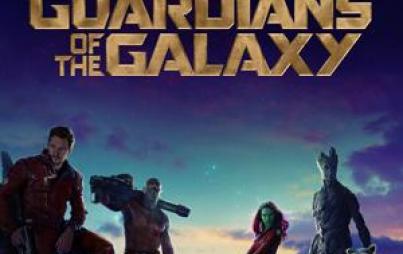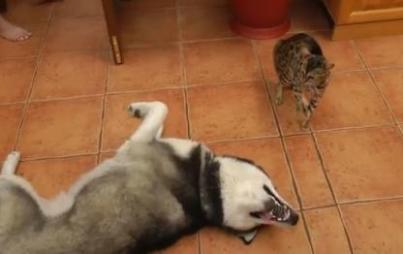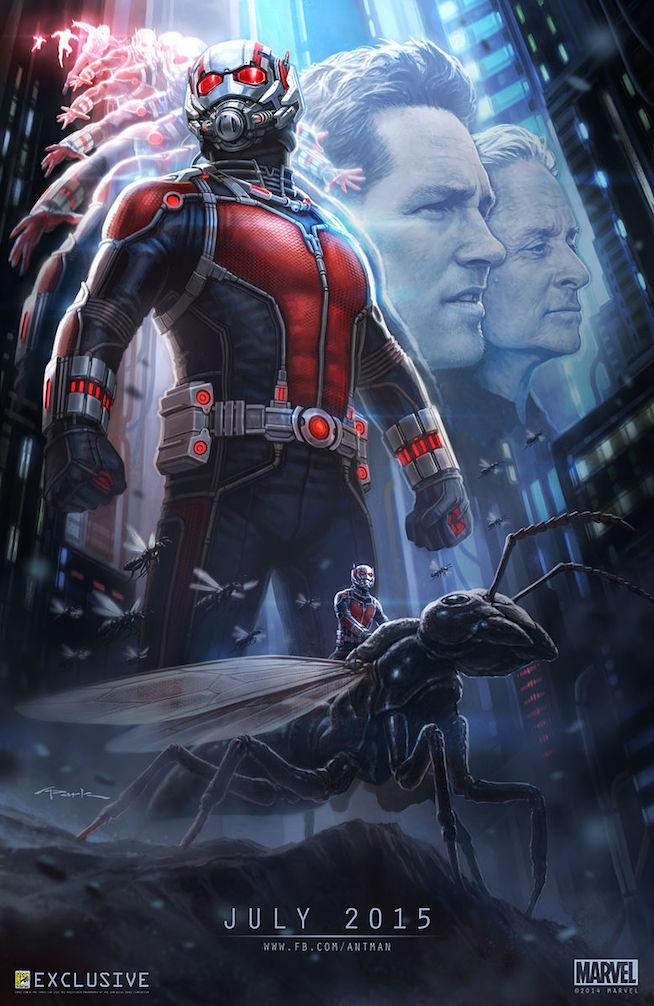
Image: Wikipedia
Ant-Man is supposed to be a light-hearted tale of redemption . . . But really ,it's a story about how everybody has to fit a gendered script.
Ant-Man's plot is about how super scientist Hank Pym (Michael Douglas) needs to find a random guy to wear his Ant-Man suit and save the world. However, he shouldn't need to find a random guy, because he's got his daughter, Hope Van Dyne (Evangeline Lily) standing right there.
Ant-Man's powers are based on a suit, which allows the user to shrink and control ants. Hope knows how the shrinking technology works. She knows how to control the ants. She has extensive martial arts training and is a badass strong female character. And she is eager, enthusiastic, even desperate, to perform super-feats.
But she isn't allowed to. And the reason she isn't allowed to is the same reason women have long been stopped from doing the things they want to. Which is to say, it's because some guy decides his love for her is more important than her own desires and dreams.
Pym's wife, Janet Van Dyne (aka the Wasp), sacrificed her life while superhero-ing to protect the innocent, and Pym never got over it. Now Pym is afraid for Hope, so he won't let her be a superhero. Instead, she has to train ex-con Scott Lang (Paul Rudd) to do the stuff that she could do better.
At first, this looks like sexism. And then you realize, hey, this is sexism. Hope isn't allowed to do the dangerous job because Pym has put her on a pedestal, and won't let her off it. The logic he uses is the same one that's been used in the past to keep women out of the army, the police force, the construction site, or the work force. Hope is too valuable, lovely, and important to Pym to be a superhero; she needs to stay home and safe for the sake of his peace of mind. He treats her as a trophy or a child instead of a person — and the film thinks that's cool. Women can't be superheroes. They need to stay home and feed the ants.
Sexism here doesn't just affect Hope, though. It affects Scott Lang, too. Lang explains to Hope that he's "expendable" — Pym doesn't care if he dies. But that begs the question: why should Scott be expendable, anyway? Because he's an ex-con? Or because he's a man? This is the ethic of "women and children first": Guys should sacrifice and be heroes whether they want to or not, and whether they are prepared or competent to do so.
In fact, Scott doesn't want to be a hero. The shrinking tech stuff terrifies him. He can't control the ants. And more importantly, he has reason to protect himself. His young daughter, Cassie (Abby Ryder Fortson) lives with Lang's estranged ex; he desperately wants to spend time with her now that he's no longer incarcerated. Pym harangues Lang to be the hero Cassie wants him to be, but you know what? Cassie mostly seems to want him to be around. Dead hero or alive dad? It seems pretty clear, which Cassie would pick.
So you have a woman who is ready, able, and willing to be a hero. And you've got a guy who doesn't really want to be a hero, but is essentially blackmailed by his employer into being a hero by threat of losing income, contact with his daughter, and even being tossed back in prison.
Ant-Man is supposed to be a light-hearted tale of redemption. The down-on-his-luck ex-con grows into his masculinity through his awesome shrinking powers. But really, it's a story about how everybody has to fit a gendered script. At the end, Scott and Hope kiss; he's the conquering hero and she's the admiring maiden. They've learned to tailor their dreams and desires to Hollywood's limited vision. We're supposed to think they've grown, but it's hard not to feel, in the end, that sexism has made them smaller.

